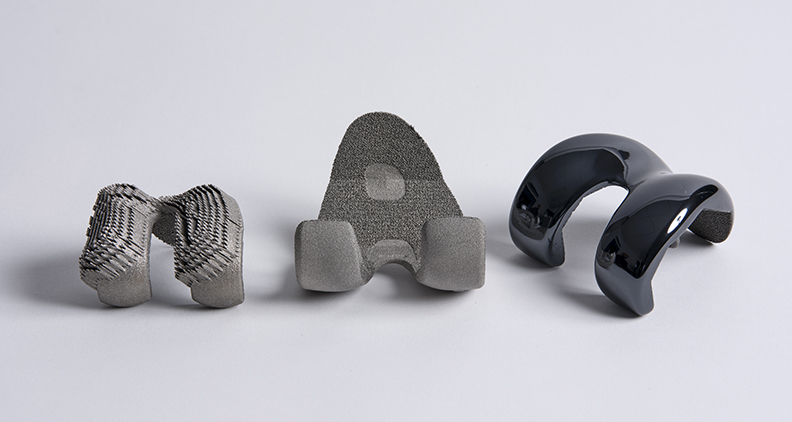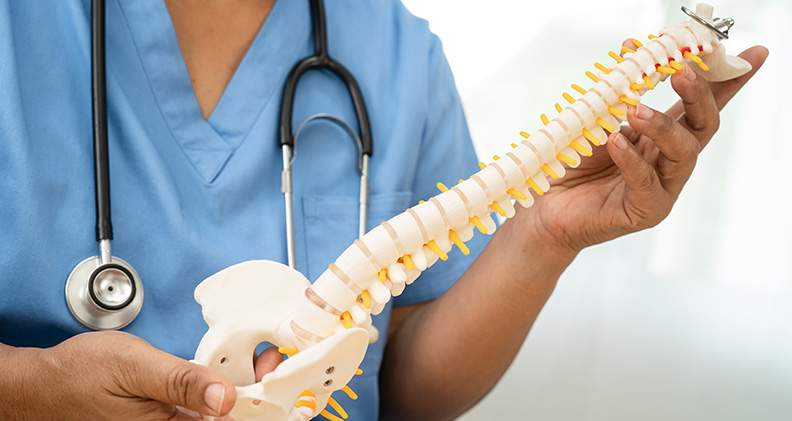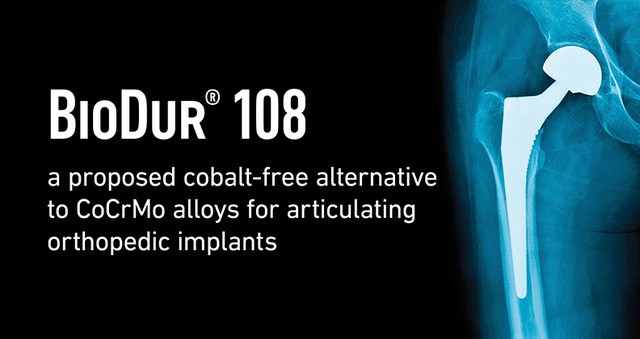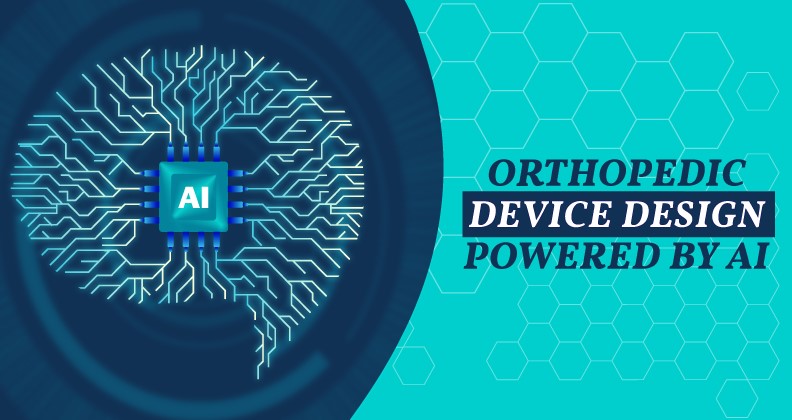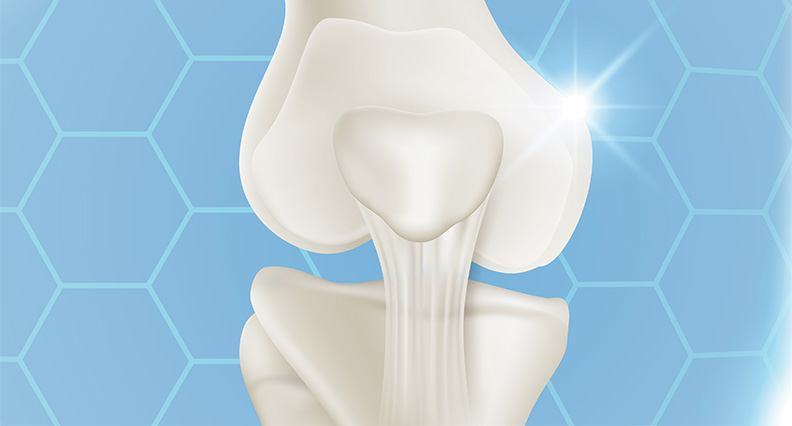
Frame Bio entered into an exclusive licensing agreement with Mercury Bio, a drug delivery company leveraging its novel extracellular vesicle (EV) drug encapsulation technology platform (yEV) to transport therapies directly to cells using a unique form of exosome, a smaller subtype of EV.
In 2023, Mercury Bio and Himed jointly developed a unique osteogenic material to be used in applications like bone cements, coatings for implantable devices and more. Mercury Bio’s yEV technology harnesses natural extracellular vesicles and engineers them to carry specific RNAs and small-molecule drugs, such as the protein BMP-9, to targeted cells. These allogeneic particles, when loaded into an organic calcium phosphate (CaP)-based scaffold created by Himed, can elute at desired rates into the surrounding tissue to promote bone healing and growth.
Of the Mercury Bio/Himed partnership, Himed CEO Dana Barnard said, “This agreement marks Himed’s debut into organic materials, building on our long history of supplying top-level bioceramic materials and services to device manufacturers. Mercury Bio’s technology is completely innovative—we think this collaboration has great potential and could chart new directions in bone repair.”
Under the terms of the present agreement, Frame Bio can utilize the yEV platform to develop a range of regenerative therapeutics that accelerate bone healing and restore collagen. It will also have access to Mercury Bio’s research and development team to conduct IND-enabling activities for each indication. In turn, Mercury Bio will receive development fees paid against research milestones, as well as licensing fee percentages for all resulting products that enter commercial markets.
Frame Bio’s bone therapeutic candidates will incorporate Mercury Bio’s novel method of EV drug encapsulation with hydroxyapatite to enhance the binding of osteo-inductive proteins such as BMP-2 at injury sites, where they can promote natural bone growth, such as the healing of certain fractures, and support spinal fusion surgery.
Initially, the bone regeneration therapy will be designed for direct delivery of mRNA payloads to the wound or pain site, and will remain in the pre-clinical research phase for the year ahead. At the same time, Frame Bio intends to continue expanding its product pipeline through strategic research and development partnerships with other pharmaceutical companies focused on biologics addressing skeletal and connective tissue conditions.
Source: Barson Corp.
JAV
Julie A. Vetalice is ORTHOWORLD's Editorial Assistant. She has covered the orthopedic industry for over 20 years, having joined the company in 1999.

